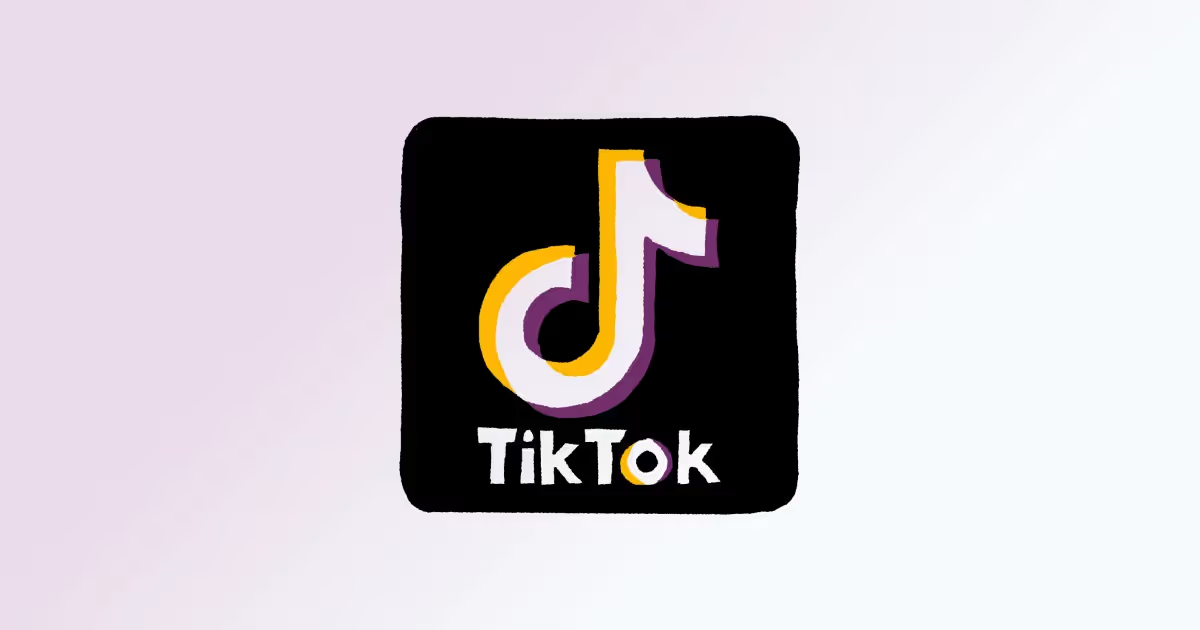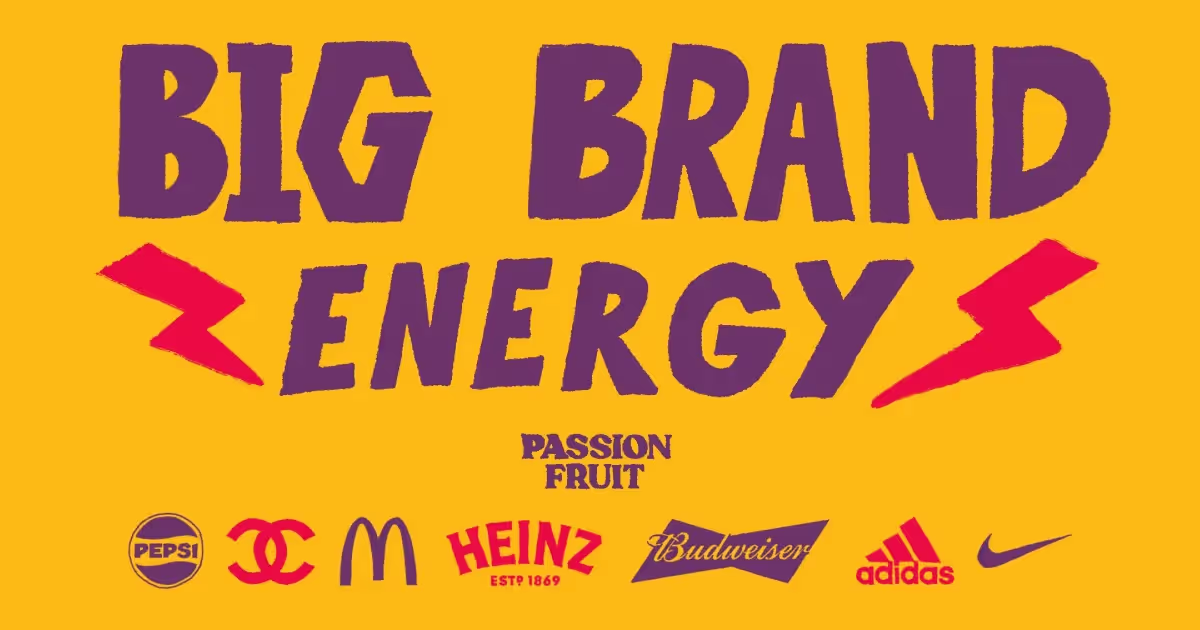No, now it’s the choice between stability, or flexibility. On-demand scalability or unconditional loyalty. I’m talking about the choice between a freelance marketer, or a full-time hire—obviously.
Of course, it's a case-by-case situation. But sometimes freelancers aren't even considered, when we definitely should be.
You might have some assumptions about freelancers. Or you’re simply ‘used to’ hiring full-timers. Well, I’m sorry to drag Einstein into this, but he did say something about how doing the same thing over and over again equals insanity, and that's not a good look for your business.
The aim of this article is to not only dispel your doubts, but get you excited about all that freelancers have to offer. Ready to be blown away?
Disclaimer: freelancers aren't a downgrade from full-time hires
Before we get started, let’s set the record straight: working with freelancers shouldn't be seen as the ‘’lesser’’ option compared to hiring someone full-time or part time. Freelancers are not Plan B. You should approach hiring freelancers as a strategic, conscious choice. That’s how you’ll make the most out of the partnership.
How having a freelancer on your team will benefit your business
If you’ve been playing with the idea of finding a freelancer for that next project, let’s look at some of the reasons why that’d be one of the best choices you can make this year.
Freelancers need to be great—consistently
Freelancers rely heavily on the quality of their work for their livelihood. So, as far as skills go, you can often assume that freelancers ‘have to’ keep themselves sharp and in the loop more than someone who's in year 3 of their long-term contract.
The same goes for the service they deliver: they know that being a joy to work with works to their advantage.
Freelancers are judged on their portfolio and individual projects, and have less of an opportunity to prove their value ‘over time’. Messing up one project could have big implications, and might mean they don't get hired again.
Freelancers know this. It’s often what keeps us up at night, actually.
You pay only for what you need right now
Working with freelancers is a talent strategy that allows you to scale up and down based on your business goals, but also your budget.
With freelancers, you pay for what you get. By knowing exactly what you need and hiring someone specifically for that, you avoid unnecessary costs.
Important to note: taking advantage of this does require you to first think long and hard about what it is you actually need help with. We’ll dive into that later again. It’s important.
Freelancers bring focus
If you have a project that deserves someone's undivided attention and has the utmost priority, let a freelancer handle it. A ‘regular’ employee might get distracted by other day-to-day tasks, or the water cooler gossip.
Freelancers come on board to get the job done, and they're not looking to spend more time on a gig than needed: they need to move on to the next one to keep their payments coming in.
You need special skills for a special project
Sometimes you’ll see someone with a job title so specific on LinkedIn that you wonder how on earth they ever get a full-time job.
Here’s the thing: they don't.
Take brand story designers. A new brand story is not something a business needs on a weekly basis.
So, freelancers like that perfect their craft in such a way that they can do their magic at one company, and then move on to the next one. It’s what makes them the best at what they do.
This is especially useful if you really want to one-up your competitors, who might put that brand story on the already full plate of their in-house marketer.
Now, I’m not here to offend anyone. But freelancers do have the benefit of being able to take their learnings from a variety of clients, whereas in-house marketers often have to spread their attention span on different aspects of the job.
Long story short: if you're looking for someone with outstanding skills for outstanding results, take a freelancer who specializes only in what you're looking for.
Freelancers have a fresh set of eyes (that have seen a lot)
Tired of hearing the same ideas over and over again at the brainstorming table? Or worse: it’s gone completely silent? You need someone who’s going to suggest something other than ‘have we tried TikTok’ or ‘what about QR codes?’.
Freelancers are continuously moving from one business to the other. That means they get a taste of a lot of new things, often. Things they could translate in a way that makes them relevant for your business.
So if you want to get your ideation process back on track, speak to a freelancer every once in a while. We might surprise you, in a good way.
Freelancers can hit the ground running
Another advantage of freelancers hopping between businesses, is that they usually require little to no onboarding.
They know how to use the most popular martech tools. You won't feel the need to enlighten them on your entire corporate history or educate them on the whole who-is-who.
Give them access to the people they say they need access to, the files and tools they need, and let them do what they do best.
How to leverage the power of freelancers
Freelancers aren’t magicians (freelance magicians aside), and their effectiveness depends on several things: how much power you actually give them, and them being in the right place at the right time. Here's how to empower them.
Know what you want.
Pay freelancers to do what you need them to do. If they first have to figure out what it is you actually need, they might get it wrong (we’re not mind readers—most of us, at least) and this extra time will mean extra costs.
The better you know what you want, the easier it will be to write a perfect description and brief, ensuring you get the best possible freelancer at your disposal.
At Passionfruit, we see first-hand how a great brief makes for a great end-result, so we help clients formulate their goals and ideas in a way that helps freelancers do their job. Even if you’re not entirely sure yet who or what you need, we can help: we’ll explain what different specialists we have on board and how they can help.
Before you meet with any specialist, our team will have a call with you to create a stellar brief. We know just what questions to ask and we give suggestions - after all, this isn’t our first rodeo. Some of the things we want clients to think about are:
- What does success look like top-line for this role?
- What are the KPIs and targets for this project, and how do they fit into the larger, long-term company goals?
- What tools should the freelancer be familiar with, and what experience comes in handy?
- What key words would describe the specialist?
- What would be the first thing the specialist would be working on?
And so on! With all this info, we can make sure your future freelancer can turn your project into a success, that looks great for both of you.
Plan ahead.
Us freelancers know when we’re a last-minute solution, and frankly, it hurts. We see it in the deadlines that read ‘yesterday’, the inconsistency of briefs and the lack of a plan for after we leave.
Like I said, working with a freelancer should be a strategic, conscious choice. That mindset benefits the strategy, and the relationship—and the deliverables.
Let talent do its thang.
Freelancers are used to working independently. That might take some getting used to, but let them roam free. Ask them what they need from you to do the best possible work, and give them that, and watch the magic unfold.
Choose skill over niche.
Chances are you won't find a freelancer who's already done link building for a vegan dog food company. Consider that freelancers don't necessarily need experience with both your market and the expertise you're looking for, and that they can often transfer their skills from niche to niche.







